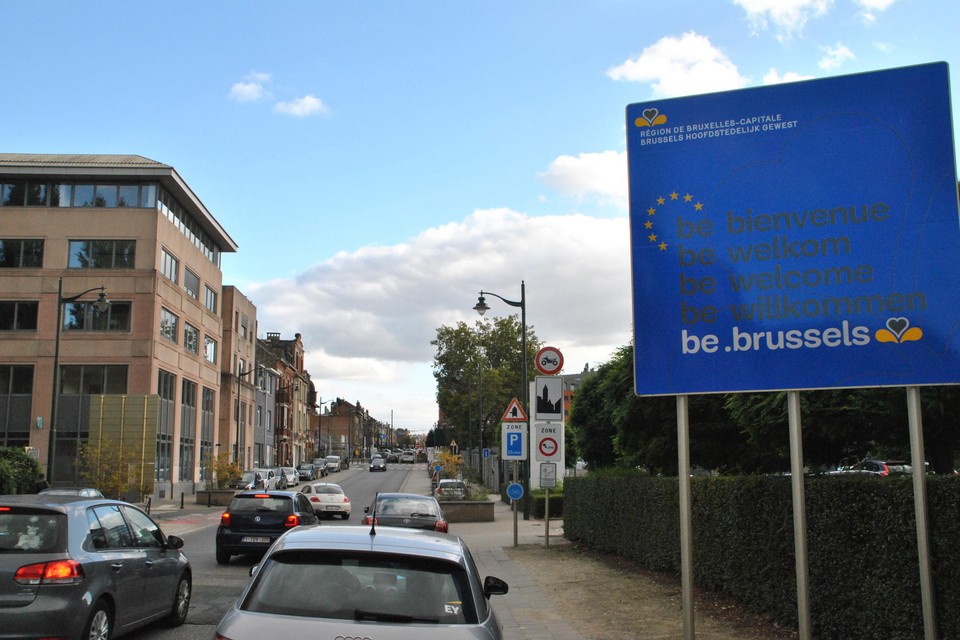Belgium is almost as known for its convoluted administrative system as it is for its surrealist artists. Yet of all the bureaucratic hurdles new arrivals face, signing up with your Brussels commune is often the most torturous.
Starting on the right foot can save a lot of effort so The Brussels Times has made a guide to help newcomers navigate through the jungle of language barriers and paperwork. Before you can access Belgium's public services (whether for health, finance, care etc.) you will need to be registered at one of the 19 municipalities of the Brussels-Capital Region.
Registration is a mandatory step for getting a residence permit in Belgium and is also the starting point for a lot of other administrative tasks, ranging from sorting out your health insurance to obtaining a parking permit.
When do you have to register?
For anyone moving to Brussels, the first registration at one of the communes is always a compulsory formality that must be done within a fixed period of time after arrival.
EU citizens, European Economic Area nationals, or Swiss nationals have to register as an employed or self-employed person, a job seeker or a family member (of someone already registered) within three months of arrival – after which they will receive a "registration certificate" (annex 19).
Non-European citizens moving to one of Brussels communes must present themselves to the commune within eight days of arrival in Belgium. They must present their visa, after which they will receive an annex 15 “certificate”.
How do you register?
For EU citizens
When presenting themselves at the commune, EU citizens should bring a valid passport or ID card, their lease contract, proof of health insurance, specific documents depending on their status (such as an employment contract when registering as an employee) and some passport photos. A small fee, ranging from €15 to €30 depending on the commune, will also be charged.
Once this has been done, you will be listed in the provisional commune register until the local police have checked that you indeed live at the registered address.
Your entry in the commune's population register will then be confirmed and you will receive a "National Register Number" (NISS). This is a unique 11-digit identification number issued to all people entered in the 'population and foreigners register' held by the municipalities.
After about three months, you will be contacted by the commune to receive your residence permit. You can get this on paper (which is free and has unlimited validity but is less practical) or as an E-card with an electronic chip (costs about €20 and has to be renewed every five years). Those who chose an E-card will have to order it, after which they will receive their PIN and PUK codes at their home to activate the card at the commune.
For non-EU citizens
Non-EU citizens moving to Brussels must go through a series of formalities to obtain a residence permit. In most cases, they need to get a D-visa (long-term visa) from the Belgian Embassy or consulate in their home country before arriving in Brussels. This costs between €60 and €350, depending on the country. More country-specific info can be found here.
After arrival in Belgium, you must register at the 'population or foreigners department' of the commune within eight working days. In addition to the lease contract and ID passport photos that EU citizens must present, non-EU nationals must also present their (valid) passport with the D-visa issued by the Belgian embassy in their home country.
If you are a non-EU resident who is already in Brussels without a D-visa obtained in your home country, you have to request a long-term residence permit directly from the commune of your place of residence. In that case, you must bring a (valid) passport or Belgian residence permit (A card) or a residence permit issued by an EU Member State, as well as your lease contract, a certificate of good conduct not older than six months, a medical certificate and some passport photographs. You must also pay a fee between €60 and €350.
Once done, you will receive a "declaration of arrival" (appendix 3). This is not a residence permit but proves your presence on the territory and is valid for a maximum of three months starting from your arrival.
Related News
- Etterbeek gives English a seat at the table on local life
- 'Can't ignore English': Belgium needs to re-think languages, says Sven Gatz
- Welcoming internationals: Schaerbeek offers its services in English
Following registration at the commune, with or without D-visa, you will be listed in the provisional commune register until the local police have checked that you live at the registered address.
After approximately two to three months, you will be called by the commune to receive your residence permit, as well as a so-called A Card, comprising a Certificate of Registration in the Register of Foreigners (C.I.R.E). This document is generally valid for one year and may be extended unless the "temporary residence permit" stipulates a limit on the length of stay.
In what language do you register?
While the Belgian law specifically states that all Brussels administrations should offer services to their residents in both Dutch and French, the chances that the person behind the counter speaks French are a lot higher, as it is the primary language of the Capital Region.
In recent years, however, several Brussels ministers and local city councillors have been making a real push to include English in their communications, leading to two communes – Etterbeek and Schaerbeek – already offering their services in English.

